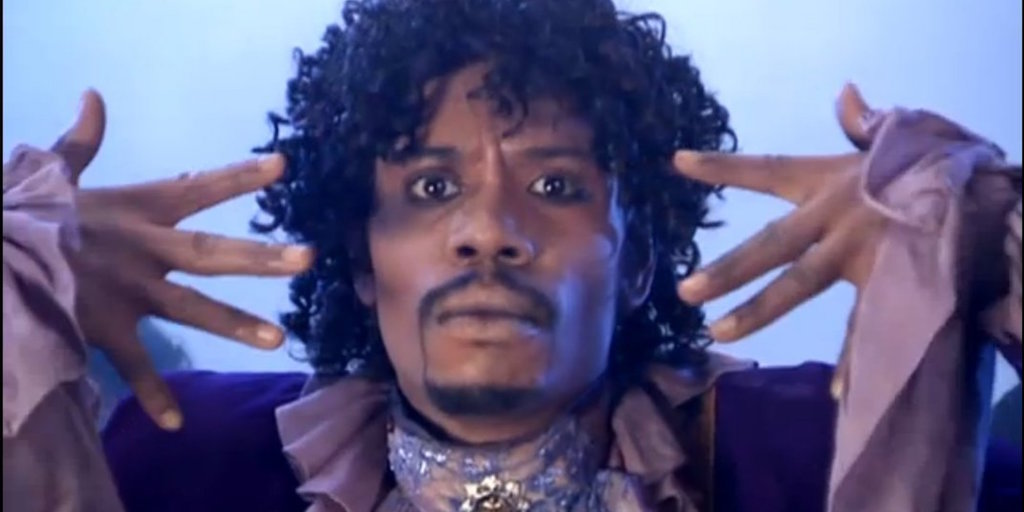- cross-posted to:
- technology@lemmy.world
- cross-posted to:
- technology@lemmy.world
Strangely omits Mastodon. Have threads and blue sky made everyone forget already?
No ads on Mastodon. They’ll write about it when they figure out how to monetize it.
It’s possible this journalist just isn’t on the pulse.
The article actually quotes a professional journalist as saying “separate the cream from the crop,” which has never in recorded history been a saying. It’s nonsensical; the words simply don’t make any sense!
I think it’s a garbage article that has little to no value, whatsoever. People can blame the Internet for the death of newspapers and print periodicals, but maybe (and bear with me here) most journalists are just crap at writing.
Well yeah, the internet made anyone who wants to be a journalist capable of being a “journalist” so of course quality goes down. Both the Internet killed journalism and journalists are crap at writing are true, the latter because of the former.
I will 100% agree that the quality of journalistic writing has gone down since the birth of online news sources, but I’ll still maintain that most journalists have always been crap writers that are only journalists because they can’t write well enough to be published any other way.
Exceptions exist, of course, but for every Mark Twain or Hunter S. Thompson, there’s a million journalists that are trying and failing to follow in their footsteps.
Those two things aren’t even remotely the same. Comparing them makes zero sense. One is a light weight investigator delivering updates on happenings in the world, the other is a creator of fictional stories for entertainment.
I didn’t say that they’re the same thing; just that journalism is a catch-all fall-back major and career for struggling writers. You are apparently unfamiliar with all of the famous authors that got their starts in journalism or used journalism to support themselves when their books didn’t sell.
A far from exhaustive list includes the two previously mentioned authors, Charles Dickens, Ernest Hemingway, Jon Krakauer, Steig Larsson, Barbara Ehrenreich, HG Wells, Gabriel García Marquez, Maya Angelou, and Bram Stoker.
One is a light weight investigator delivering updates on happenings in the world, the other is a creator of fictional stories for entertainment.
Uh, what? Wtf is “a light weight investigator?” And “delivering updates on happenings in the world” doesn’t really do justice to all the various journalistic fields that exist. There’s long-form journalism, criticism, investigatory journalism, opinion and editorial pieces, etc. Just because I don’t have much respect for the average journalist, you shouldn’t make the assumption that I don’t value journalism. There are a host of other fields that I also value highly without having much respect for the average practitioner (medicine, engineering, education, small business, politics, etc.)
Plus, who said that we were talking about fiction for entertainment? There are other types of published writing, after all. For starters, you’re ignoring that literary fiction exists (ie fiction that is written not as entertainment but to convey larger truths about the human experience), and then there’s the entire field of nonfiction.
TL;DR: your comment makes it very obvious that you don’t know the first thing about journalism or writing.
You claimed journalists became journalists because they couldn’t hack it. Which is obvious nonsense given the fact that there are university courses for journalism. Meaning people intend to become journalists.
I get it. It’s hot to be anti-“the media” right now, but your claims are just reading like a zealot ranting.
From TFA:
> This was during the glorious dawn of the Web 2.0 revolution—an era of unbridled Obama-era optimism
So the web two-oh started in 2009 now? I’m pretty sure I first started getting the telltale nausea circa 2000.




